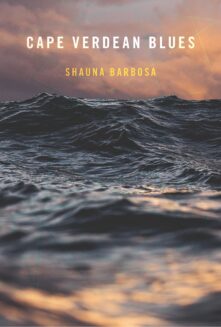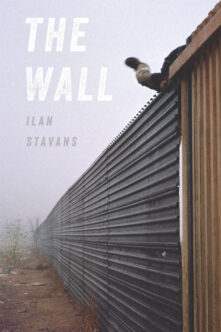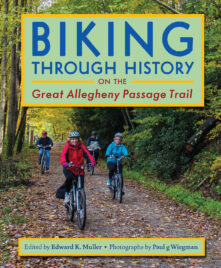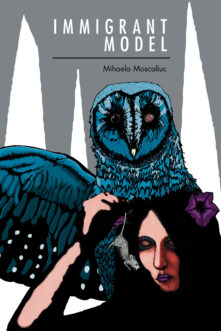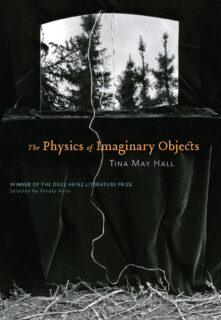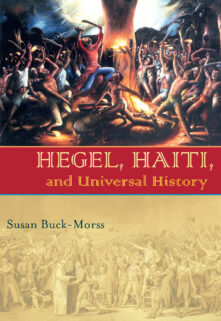Search Results

American Dream Deferred
Black Federal Workers in Washington, D.C., 1941–1981
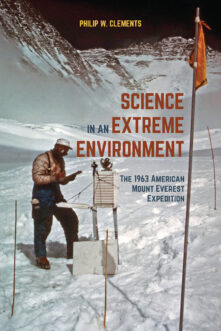
Science in an Extreme Environment
The 1963 American Mount Everest Expedition
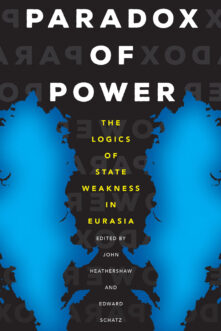
Paradox of Power
The Logics of State Weakness in Eurasia
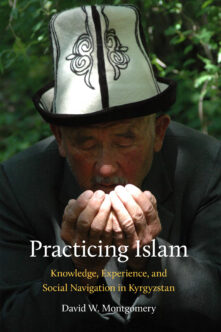
Practicing Islam
Knowledge, Experience, and Social Navigation in Kyrgyzstan
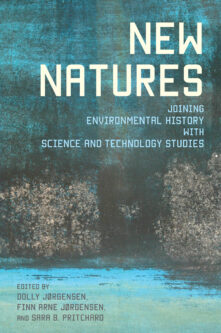
New Natures
Joining Environmental History with Science and Technology Studies
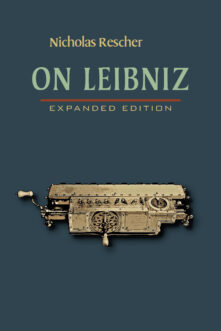
On Leibniz
Expanded Edition
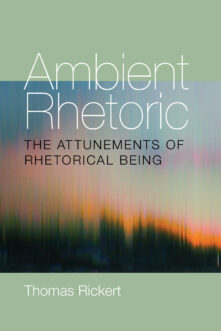
Ambient Rhetoric
The Attunements of Rhetorical Being
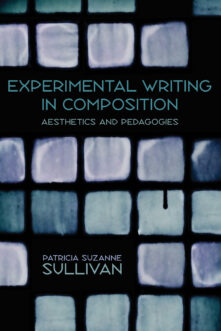
Experimental Writing in Composition
Aesthetics and Pedagogies

Crystal and Arabesque
Claude Bragdon, Ornament, and Modern Architecture
Your search for "Urban Rivers : Re-making Rivers, Cities and Space in Europe and North America" returned 644 results


